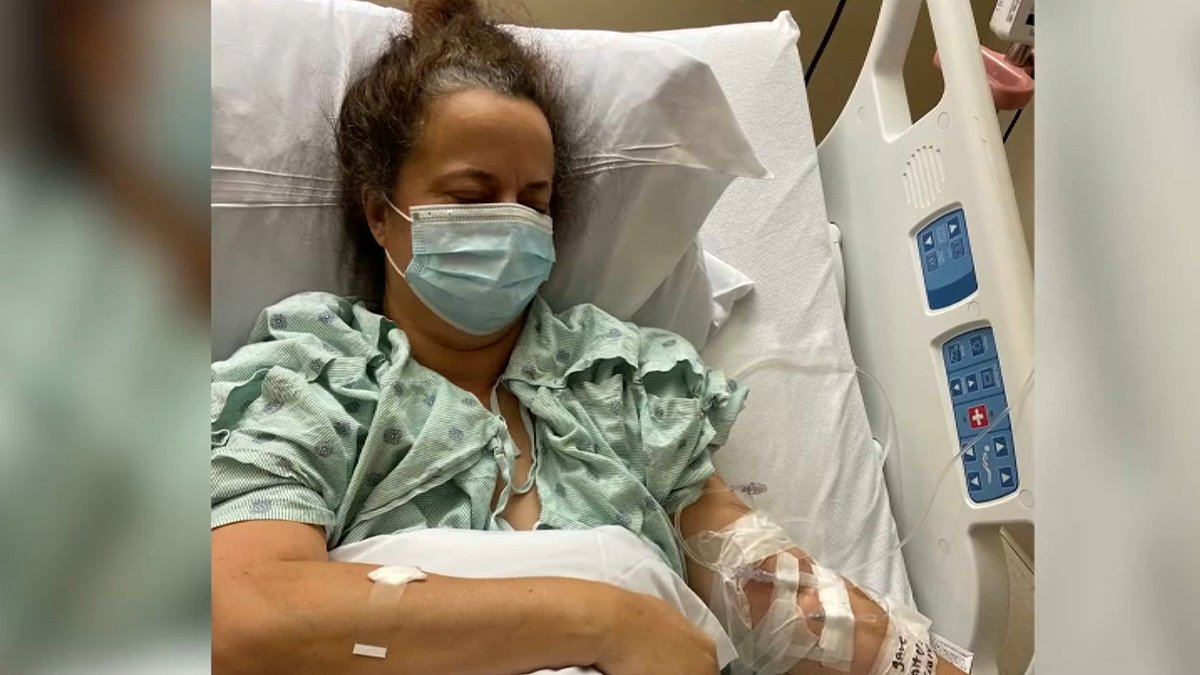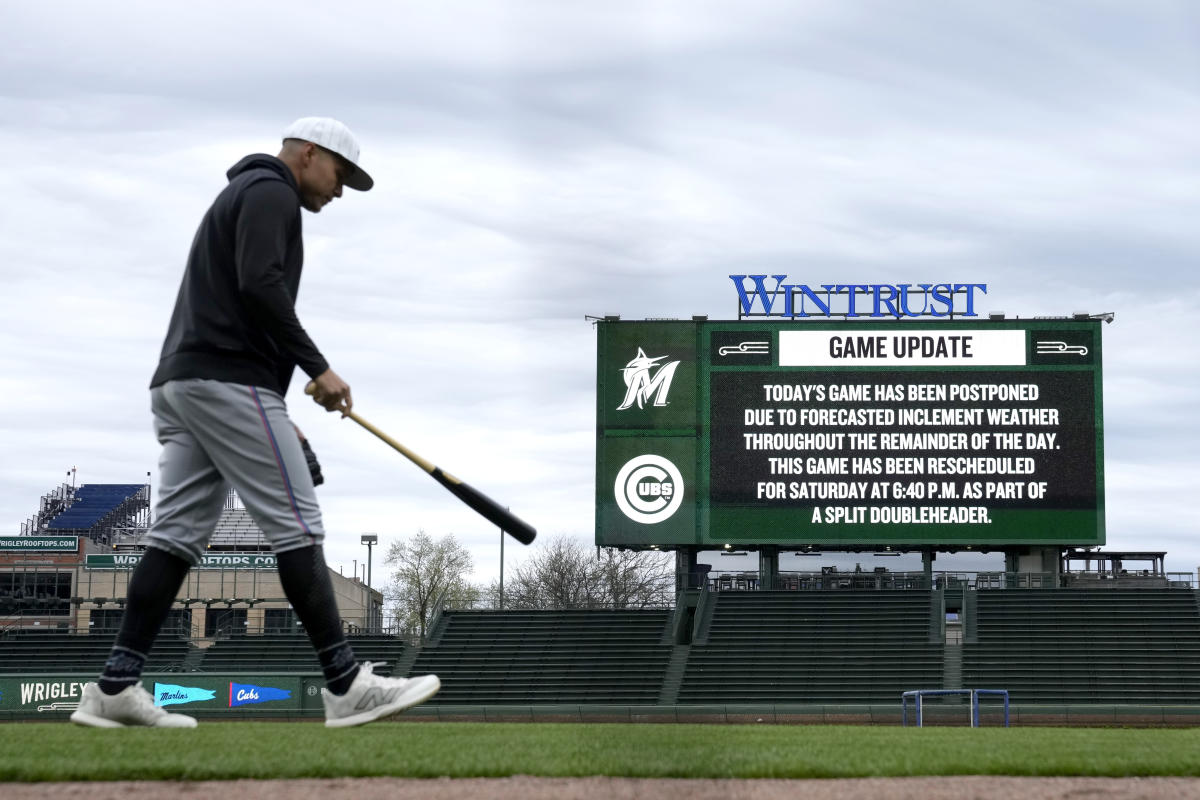Miami-Dade Woman Details Cancer Battle During COVID Pandemic – NBC 6 South Florida
Every Wednesday in September, NBC 6 has been highlighting people who were either diagnosed with cancer during the height of the COVID pandemic or fighting through it.
While we were all living the new normal during that time, for these patients it was the fight of their life during that historic time.
Lilimay Stokes-Prospere survived what doctors call the ‘silent killer.’
“Lilimay today is very different than the Lilimay before my diagnosis,” she said.
It was the spring of 2020. COVID-19 was officially declared a pandemic and within weeks, Stokes-Prospere received devastating news. She was diagnosed with Stage 3 ovarian cancer. Severe and painful bloating along with being constantly tired was just some of what she was feeling.
“I went from a little bit chubby to looking about six or seven months pregnant and I had no idea what was going on,” she said.
Stokes-Prospere, who is originally from Trinidad and loves to travel with her husband, found herself essentially trapped inside of her south Miami-Dade County home.
“The only place I went for about 18 months, maybe more, was to Miami Cancer Institute,” she recalled.
She was relying on FaceTime, phone calls and distance visits.
“I tell you, nobody has come to the house, inside of the house,” Stokes-Prospere said. “We have front door deliveries, friends who brought us food and different things, flowers, everything went out on that table outside the door. They would go bye-bye, my husband would pick it up, wipe it down and bring it back in.”
She couldn’t risk getting COVID. Her body was now undergoing six rounds of chemotherapy, including a HIPEC procedure — essentially a heated chemo bath where the solution delivered directly to where the cancer was located.
“The biggest challenge with ovarian cancer is we don’t have good screening for it like cervical cancer that has pap smears,” said Dr. John Diaz, a gynecological oncologist at Baptist Health Miami Cancer Institute.
It is often why you might it hear it referred to as the ‘silent killer.’ Diaz, who treats Stokes-Prospere, says 85 percent of ovarian cancer cases are detected at stage three or four.
“Some of the symptoms associated with Ovarian Cancer are pelvic pain, abdominal pain, getting full early when you eat, bloating. You know, a lot of these symptoms you and I experience today,” Dr. Diaz told NBC 6.
Because of this, symptoms are often associated with something else. Luckily, Diaz and his team were able to remove the cancer from Stokes-Prospere’s body and save her life during a time when the health system itself was up against a deadly disease.
These days, Stokes-Prospere is still cautious but working to save someone else.
“Listen to your body. Make sure you advocate for yourself. If you’re not feeling right, then you’re not right. Something is wrong,” she said.



